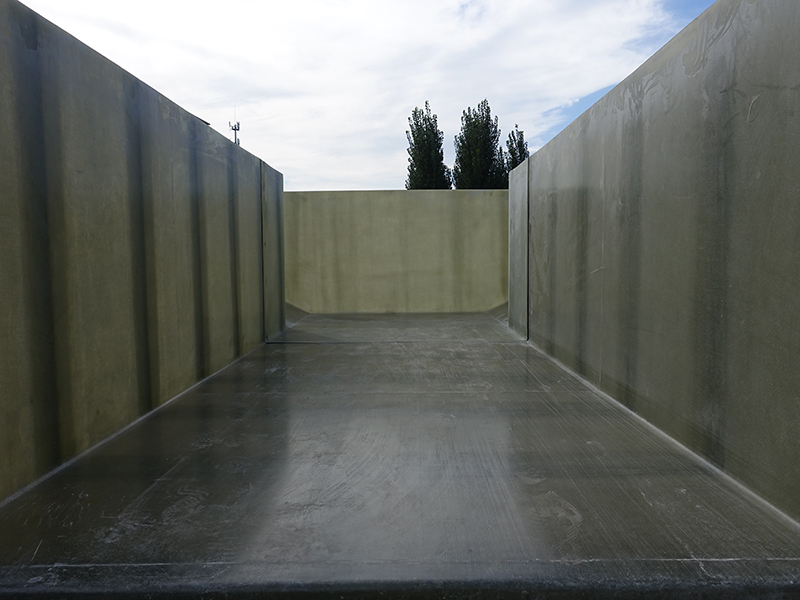
-
 Afrikaans
Afrikaans -
 Albanian
Albanian -
 Amharic
Amharic -
 Arabic
Arabic -
 Armenian
Armenian -
 Azerbaijani
Azerbaijani -
 Basque
Basque -
 Belarusian
Belarusian -
 Bengali
Bengali -
 Bosnian
Bosnian -
 Bulgarian
Bulgarian -
 Catalan
Catalan -
 Cebuano
Cebuano -
 China
China -
 China (Taiwan)
China (Taiwan) -
 Corsican
Corsican -
 Croatian
Croatian -
 Czech
Czech -
 Danish
Danish -
 Dutch
Dutch -
 English
English -
 Esperanto
Esperanto -
 Estonian
Estonian -
 Finnish
Finnish -
 French
French -
 Frisian
Frisian -
 Galician
Galician -
 Georgian
Georgian -
 German
German -
 Greek
Greek -
 Gujarati
Gujarati -
 Haitian Creole
Haitian Creole -
 hausa
hausa -
 hawaiian
hawaiian -
 Hebrew
Hebrew -
 Hindi
Hindi -
 Miao
Miao -
 Hungarian
Hungarian -
 Icelandic
Icelandic -
 igbo
igbo -
 Indonesian
Indonesian -
 irish
irish -
 Italian
Italian -
 Japanese
Japanese -
 Javanese
Javanese -
 Kannada
Kannada -
 kazakh
kazakh -
 Khmer
Khmer -
 Rwandese
Rwandese -
 Korean
Korean -
 Kurdish
Kurdish -
 Kyrgyz
Kyrgyz -
 Lao
Lao -
 Latin
Latin -
 Latvian
Latvian -
 Lithuanian
Lithuanian -
 Luxembourgish
Luxembourgish -
 Macedonian
Macedonian -
 Malgashi
Malgashi -
 Malay
Malay -
 Malayalam
Malayalam -
 Maltese
Maltese -
 Maori
Maori -
 Marathi
Marathi -
 Mongolian
Mongolian -
 Myanmar
Myanmar -
 Nepali
Nepali -
 Norwegian
Norwegian -
 Norwegian
Norwegian -
 Occitan
Occitan -
 Pashto
Pashto -
 Persian
Persian -
 Polish
Polish -
 Portuguese
Portuguese -
 Punjabi
Punjabi -
 Romanian
Romanian -
 Russian
Russian -
 Samoan
Samoan -
 Scottish Gaelic
Scottish Gaelic -
 Serbian
Serbian -
 Sesotho
Sesotho -
 Shona
Shona -
 Sindhi
Sindhi -
 Sinhala
Sinhala -
 Slovak
Slovak -
 Slovenian
Slovenian -
 Somali
Somali -
 Spanish
Spanish -
 Sundanese
Sundanese -
 Swahili
Swahili -
 Swedish
Swedish -
 Tagalog
Tagalog -
 Tajik
Tajik -
 Tamil
Tamil -
 Tatar
Tatar -
 Telugu
Telugu -
 Thai
Thai -
 Turkish
Turkish -
 Turkmen
Turkmen -
 Ukrainian
Ukrainian -
 Urdu
Urdu -
 Uighur
Uighur -
 Uzbek
Uzbek -
 Vietnamese
Vietnamese -
 Welsh
Welsh -
 Bantu
Bantu -
 Yiddish
Yiddish -
 Yoruba
Yoruba -
 Zulu
Zulu
Exploring the Benefits and Applications of Fiberglass Field Tanks in Modern Agriculture
Understanding Fiberglass Field Tanks A Comprehensive Overview
Fiberglass field tanks have emerged as a vital solution for various industries that require reliable storage systems. These tanks are primarily crafted from fiberglass-reinforced plastic, offering exceptional durability and resistance to corrosion, which makes them particularly suited for outdoor environments and applications involving chemicals, water, and fuels.
One of the key advantages of fiberglass field tanks is their lightweight nature. Unlike traditional metal tanks, fiberglass tanks are easier to transport and install, significantly reducing labor costs and installation time. This aspect is particularly beneficial for remote locations where heavy machinery might not be accessible. Additionally, their corrosion-resistant properties ensure a longer lifespan, minimizing maintenance costs and downtime.
In agricultural settings, fiberglass field tanks are invaluable for irrigation and water storage. Farmers can store large volumes of water for crops, ensuring a consistent and reliable supply even during dry seasons. The smooth interior surfaces of these tanks prevent the growth of algae and other contaminants, ensuring that the water remains clean and safe for use. Furthermore, many fiberglass tanks offer UV protection, preventing degradation from prolonged sunlight exposure.
fiberglass field tank

Industries such as oil and gas, chemical processing, and wastewater treatment also benefit from fiberglass tanks. These industries require containment solutions that can withstand harsh chemicals and extreme conditions. Fiberglass tanks provide an excellent alternative to metal or concrete tanks, as they do not corrode and can be designed in various shapes and sizes to fit specific site requirements.
Another notable feature of fiberglass field tanks is their customization capabilities. They can be manufactured to meet specific industry standards, and their modular design allows for easy expansion if additional storage capacity is needed. This flexibility makes them a popular choice for businesses looking to invest in scalable solutions.
In summary, fiberglass field tanks offer a myriad of benefits, including durability, lightweight construction, and resistance to corrosion and UV rays. They are ideal for diverse applications across agriculture, industrial sectors, and environmental management. As industries continue to seek efficient and long-lasting storage solutions, the demand for fiberglass field tanks is expected to grow, leading to innovations in design and functionality. Whether it's for irrigation, chemical storage, or wastewater treatment, these tanks are paving the way for a more sustainable and efficient future in fluid storage solutions.









